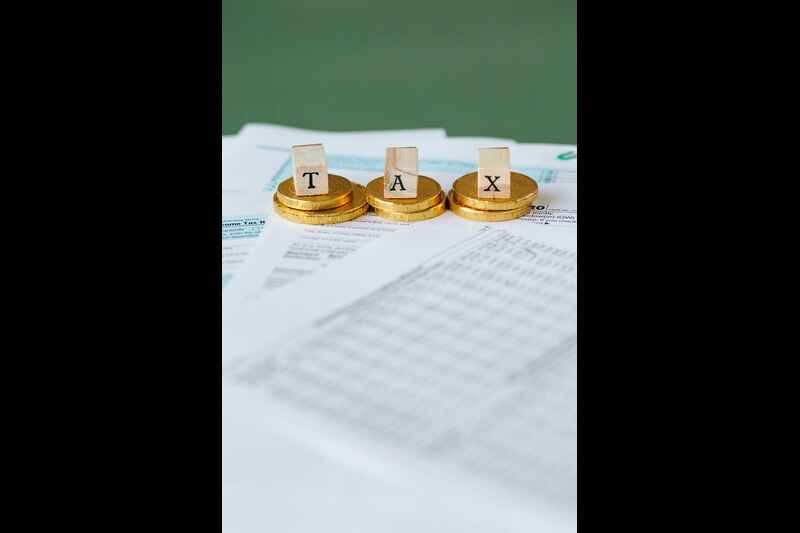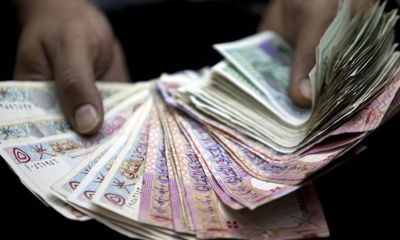The country is undergoing an economic transformation process since it intends to diversify from the dominance of the oil and gas sector in its economy. The new initiatives toward implementing personal income tax are another step in this direction that ought to help the government expand the revenue base and establish fiscal stability.
Current Economic Climate
According to International Monetary Fund, the economic performance of Oman has been stable growing and a low inflation rate has also been recorded. Although the non-oil sector has remained resilient to the effects of the OPEC+ oil supply reduction, the contraction in the oil sector has continued to drag down the growth of the overall economy. Real GDP per capita increased to 1.3% in 2023 and is estimated to be 0.9% in 2024 and 4.1% in 2025.
Thus, although oil is still reckoned to be an important source, Oman is already on the way to diversification. These sectors such as; tourism, logistics, and manufacturing industries are gradually gaining ground due to government encouragement and enhancement of infrastructure. Thus, the country’s well-defined policies on sustainable development and renewable energy are other formidable sources of economic growth.
Currently, the government is enhancing the collection of taxes and reducing wasteful expenditure. They also have projects to update their approaches to money and are also improving access to loans for small businesses. These changes belong to a strategy for making the economy green, inclusive, and digital by 2040.
New Income Tax Rules
A New Scheme of Personal Income Tax is expected to be implemented in Oman. The draft law which was recommended and passed by the parliament is still in the final stages of final approval by the State Council. Upon its enactment, this tax will be effective for income derived from Oman which surpasses a given level. Estimating it for the foreigners to be around US$100,000, and for the Omanis it will be approximately US$1,000,000.
The draft of the new taxes is as follows: 5 % for the first level and 7 % for the second level and 9 % for the third level. There is also some other allowances and deductions which come under the standard exemption which is allowed by the government to reduce the taxable income. However, the specifics of the above exemptions and deductions and the time frame within which to implement these provisions are still not well defined.






















